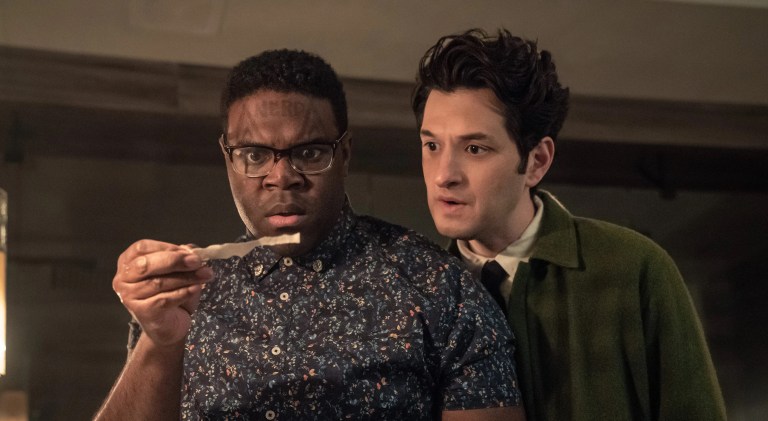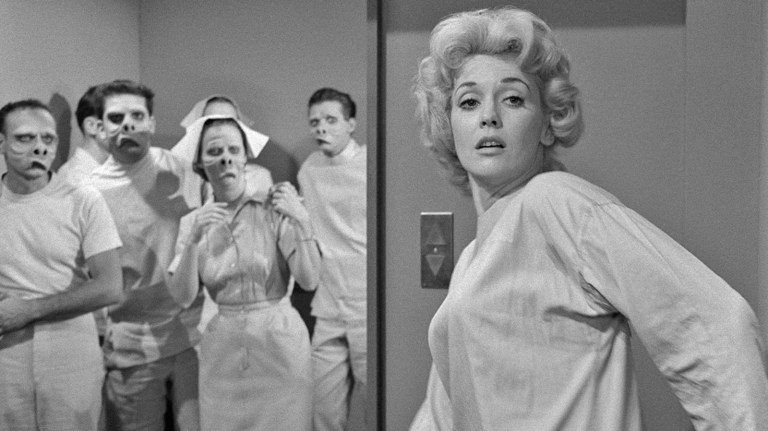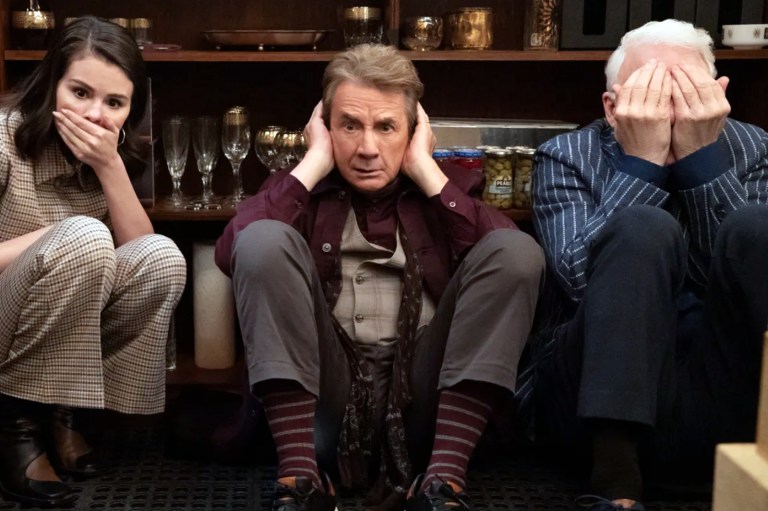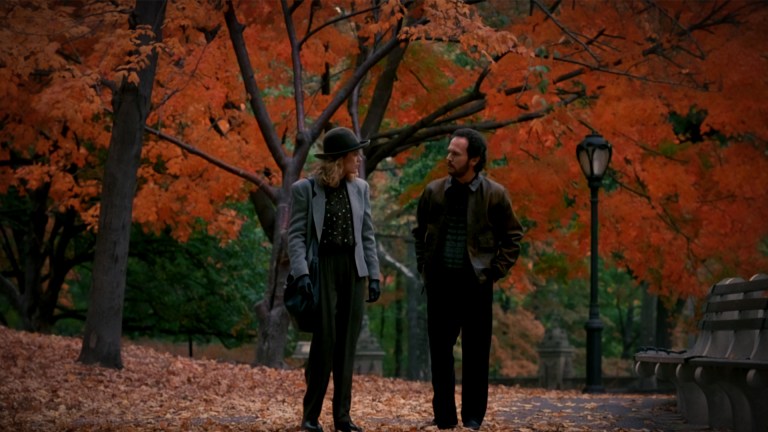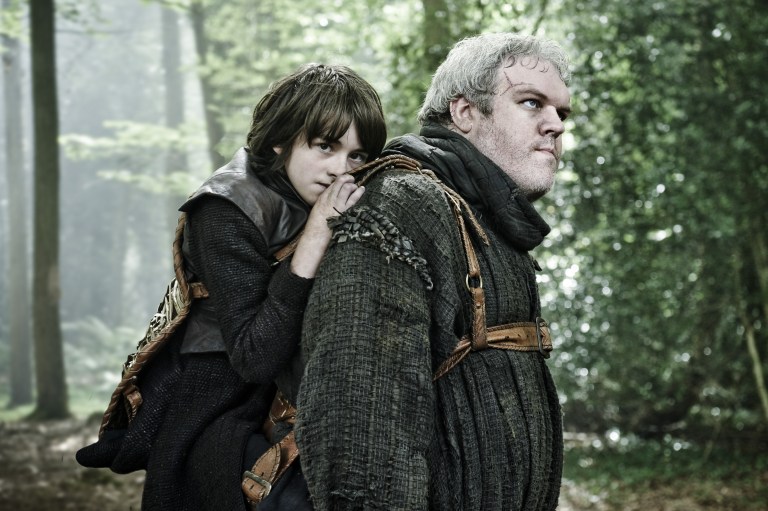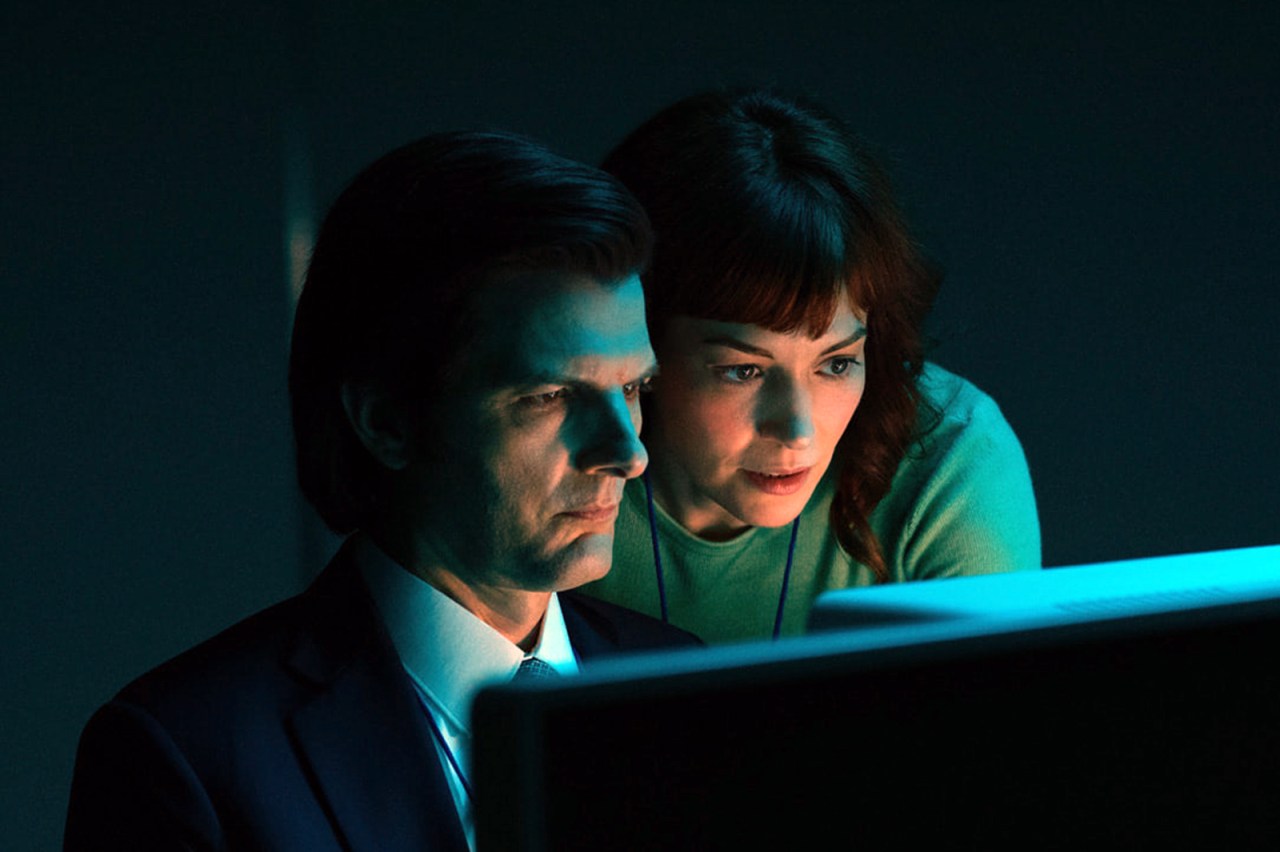
Here’s Why Retro-Futurism Is Making A Huge Wave In All Your Favorite TV Shows
Picture this: you’re sitting on a mid-century modern and sleek chair, bold hues of oranges, greens, and browns are littered all over your room, and you’re wearing some trendy distressed overalls.
No, it’s not the 1960s or 1970s. It’s actually 2025, but yet we seem to mirror the 1960s in the aesthetic that we keep at home as well as on our favorite TV shows. Shows like Severance and For All Mankind have taken over our screens and minds and that begs the question: why are all of our sci-fi shows looking backwards instead of forwards? Could it be because we are searching for a time when things felt hopeful? Or could it be a critique of how little has changed in the workplace and our lives since then?
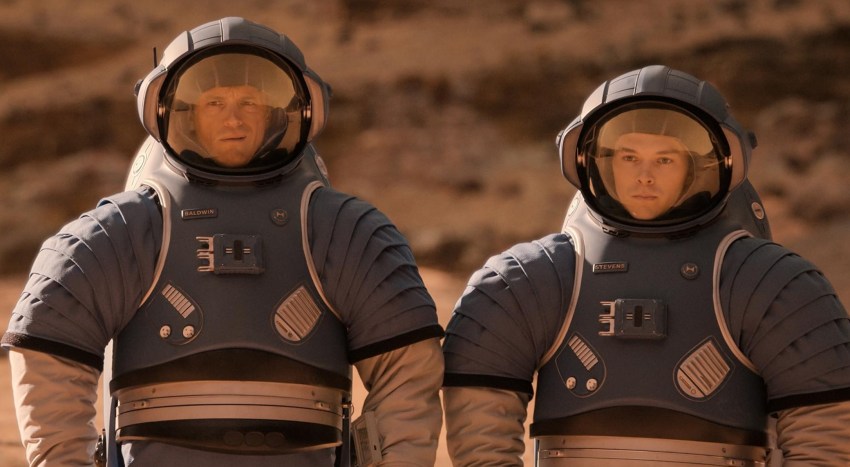
Back in the 1960s, we had just landed on the moon and computers were the next big thing that would solve all of our problems. During this time period, many people were hopeful for what was to come over the next 20, 40, and even 50 years. Fast forward about 60 years and, as a society, we are more uncertain than ever. Now, computers are getting almost too smart and AI feels like it is taking over everything. Our current political climate is scary and unsettling for most and topics of climate change are riddling our news feeds. Because of this, it seems like TV shows are trying to tap into the past to create a more hopeful potential for a future. For All Mankind explores the idea that the space race never slowed down and where we might be as a society had that progress never stalled. For All Mankind also takes a new look at how we could’ve progressed or failed as a society through the lens of gender, race, and politics through its alternate future. When things feel abysmal, it’s nice to think about the what if’s and imagine another possibility.
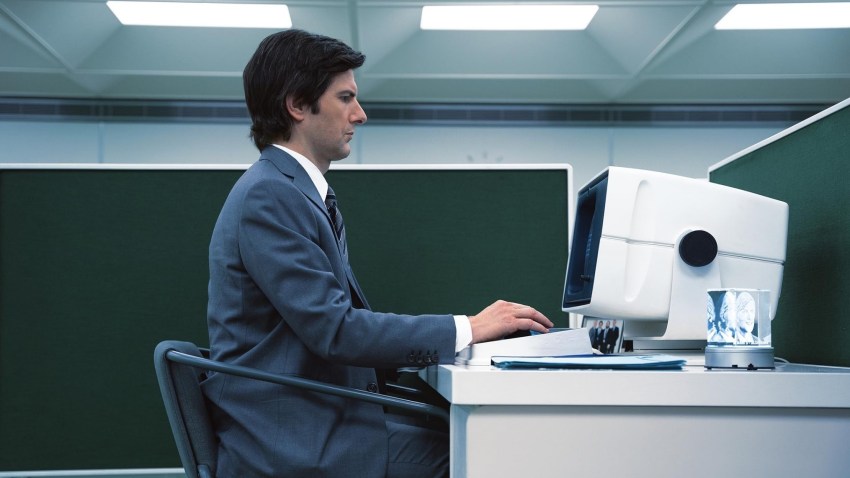
It also feels like these shows can examine how little has changed since the 1960s. Severance is cold, clinical, and everything we imagine the corporate world to be in a setting that feels very 1960s, yet it takes place somewhere in the 2020s. Severance has some strong critiques of how soulless the corporate world can be, and that is something that hasn’t changed or evolved since the 1960s. The idea that a workplace doesn’t value who we are as individuals outside of the four walls of our job isn’t a new or revolutionary idea. It is something that has been reiterated since there have been cubicles and a 9-5 work day. Utilizing retro-futurism in these instances is a call to look at our own anxieties and how stagnation leads to a slow decline. It’s no wonder parts of these shows can be so unsettling for so many.
We once imagined the future to be a bright and shining moment we couldn’t wait to get to, but now that we are here, it’s not all that we made it out to be. Retro-futurism in television is the escapism that we need to get out of our heads and re-examine just how much the past can teach us about our present.
